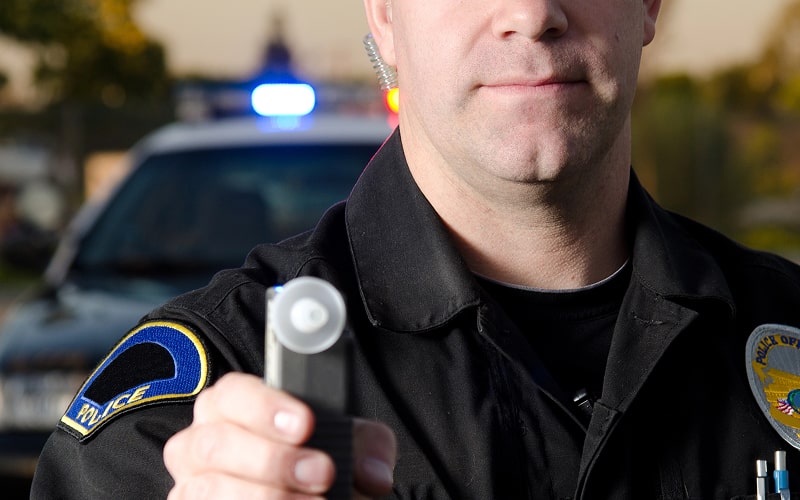
A night out can quickly take an unexpected turn if a police officer pulls you over under suspicion of Driving...

A night out can quickly take an unexpected turn if a police officer pulls you over under suspicion of Driving...

High BAC DUI charges in Virginia can feel like a storm threatening to upend your future, carrying severe consequences. However,...
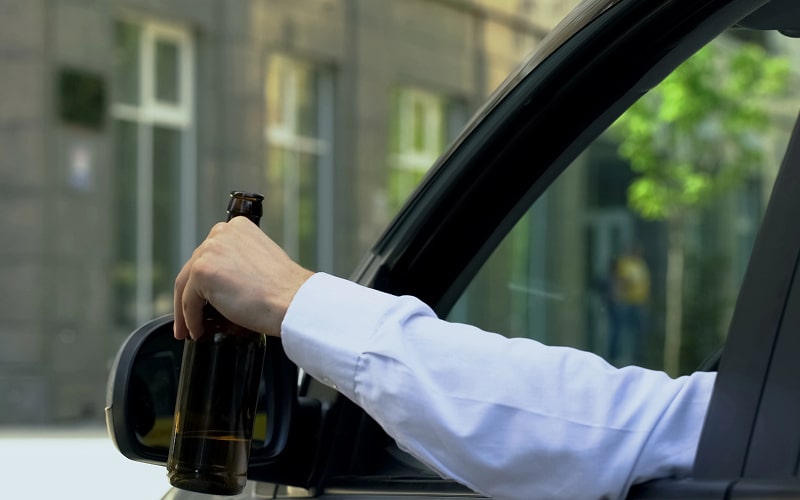
Being pulled over and charged with a serious traffic offense can feel alarming, especially if you’re unsure what you’re facing....
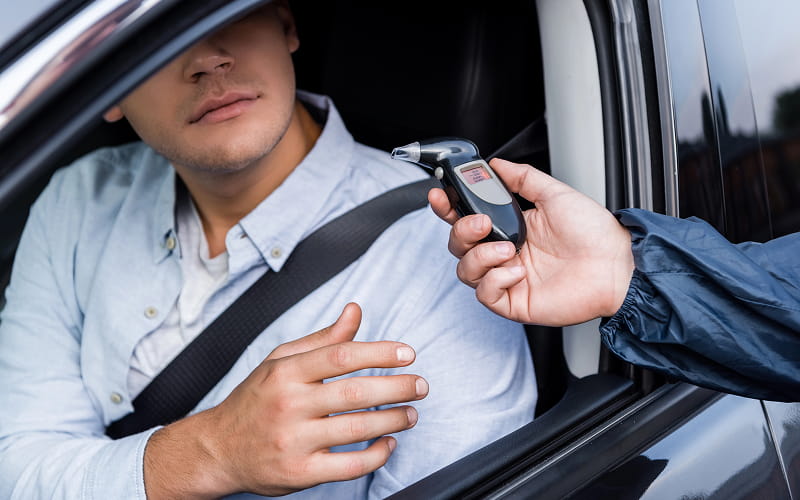
Not all DUI evidence holds up under scrutiny. Law enforcement must follow strict procedures, and when they don’t, their mistakes...

Driving Under the Influence (DUI) offenses are more common than many realize, but that doesn’t make them any less severe....
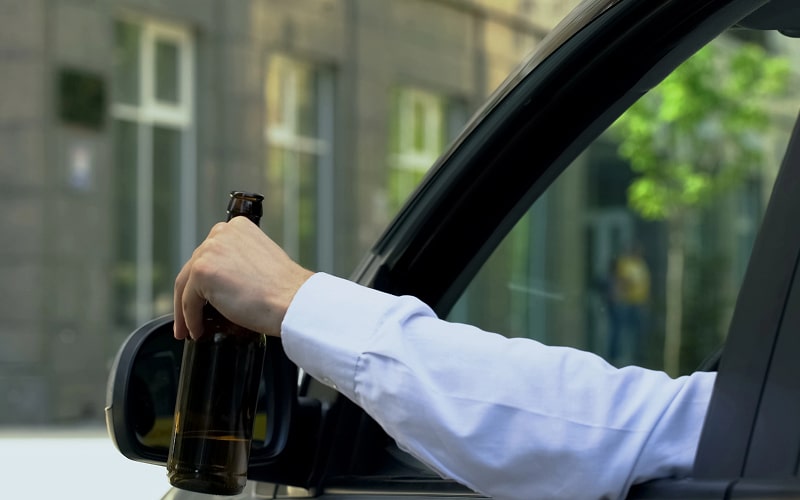
Facing a DUI manslaughter charge in Virginia can feel like being lost in a thick fog, unsure of which way...
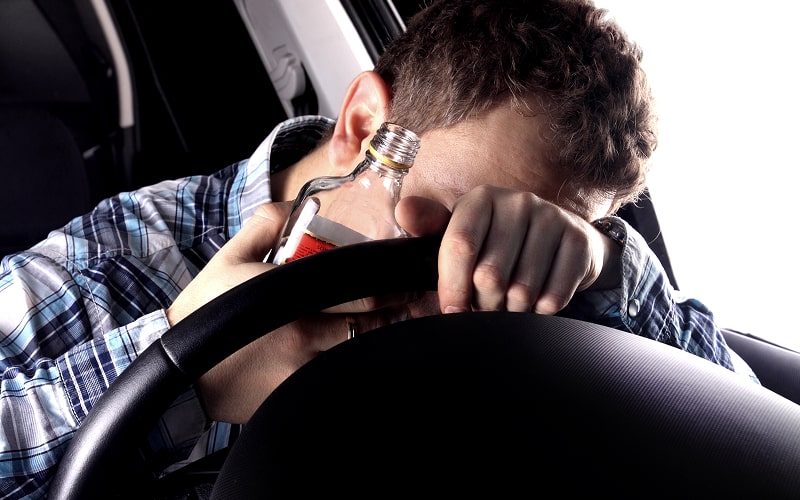
Charges of driving under the influence, resulting in serious bodily injury, can hit like a wrecking ball, with the penalties...
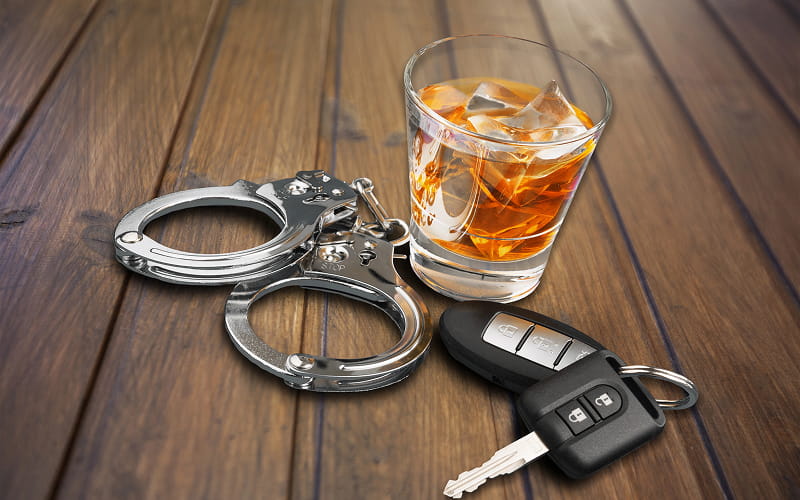
A second DUI charge in Virginia can feel like sinking in quicksand, with enhanced penalties pulling you deeper and affecting...

A first-time DUI charge can feel like a heavy weight on your shoulders, with penalties adding to the burden, making...
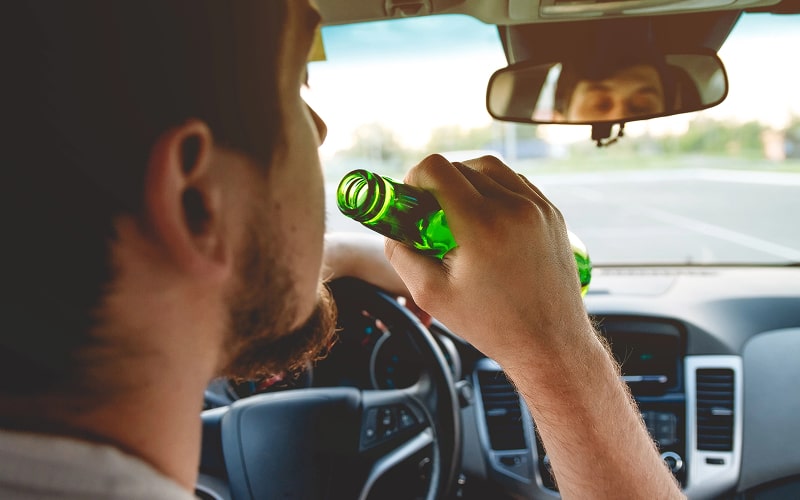
The fear of how an underage DUI charge could affect your future can feel paralyzing. You might be worried about...
Most Recent Posts
Categories
Tags

We are on a a mission at Fairfax County Criminal Attorneys to provide exceptional services and client satisfaction.

Gain Peace Of Mind & Protect Your Future With The Powerful & Compassionate Representation Of Fairfax County Criminal Attorneys!
Services
Copyright © 2025 Fairfax County Criminal Attorneys – All Rights Reserved.